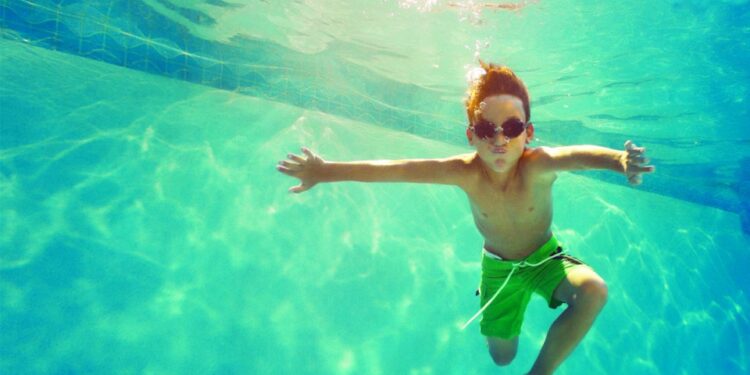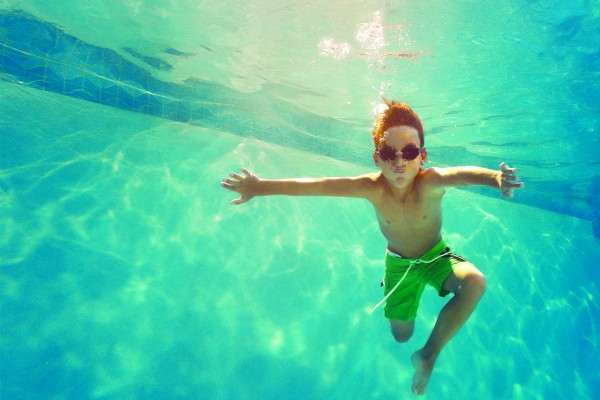This article appears in Her Family July 2015.
Summer means swimming, and it takes a few precautions for parents to ensure the activity is safe and healthy, says pediatrician Melissa “Dr. Mel” St. Germain of Children’s Physicians at West Village Pointe.
Otitis externa, known as “swimmer’s ear,” is one of the most common conditions associated with swimming.
“Water that gets into your ear doesn’t dry out,” St. Germain explains. “It gets stuck behind wax or you get enough in there that it has a hard time getting out.” The condition is uncomfortable or even painful, and the moist environment encourages bacterial or fungal growth.
“There are a couple of things you can do to prevent it, and one thing is making sure your ears get dry after swimming. Use a hair dryer on a lower setting, keeping it at least one foot from the head,” she said. Over- the-counter eardrops may be helpful, or a home solution of one part white vinegar to one part rubbing alcohol; simply place several drops into each ear and tilt out the liquid.
“That dries out the ear, but also prevents bacteria and fungus from growing, because it has a little bit of an antiseptic property to it, too,” St. Germain says.
Another condition is chlorine sensitivity, St. Germain says.
“Chlorine is a chemical and it can be an irritant to some people,” she explains. Symptoms may include skin rashes and itchy, sensitive eyes, but a true allergic response is uncommon. St. Germain advises that children who seem sensitive to chlorine rinse well after swimming and shower or bathe at home later, and use saline eye drops if needed. “Kids that have a true allergic response can pretreat with antihistamine,” she says.
She also points out that sensitivity to chemically-treated water is better than the alternative: exposure to contaminated water. Small bodies of water on private property, public lakes that prohibit swimming, and any water that smells or looks bad are not good choices for swimming, she says. Public pools’ staff should monitor water quality throughout the day, and swimming lakes should also be regularly checked.
“If you’re an otherwise healthy person who has a good immune system, your body is going to take care of those tiny amounts of bacteria that might get in,” St. Germain says. “You don’t want your two-year-old swallowing large amounts of water, and if you have a kid who is immune-suppressed, you might not want them splashing around in a lake full of bacteria. A bigger lake with a more diverse ecosystem is probably more self-regulating.”
She also points out that small backyard pools with no filtering system can quickly become stagnant. “I always tell parents: ‘As soon as you’re done with that kiddie pool, drain it.’”
And the most important way to keep swimming safe? “The recommendation from the Academy of Pediatrics is that all kids over the age of 4 have swimming lessons,” St. Germain says.














